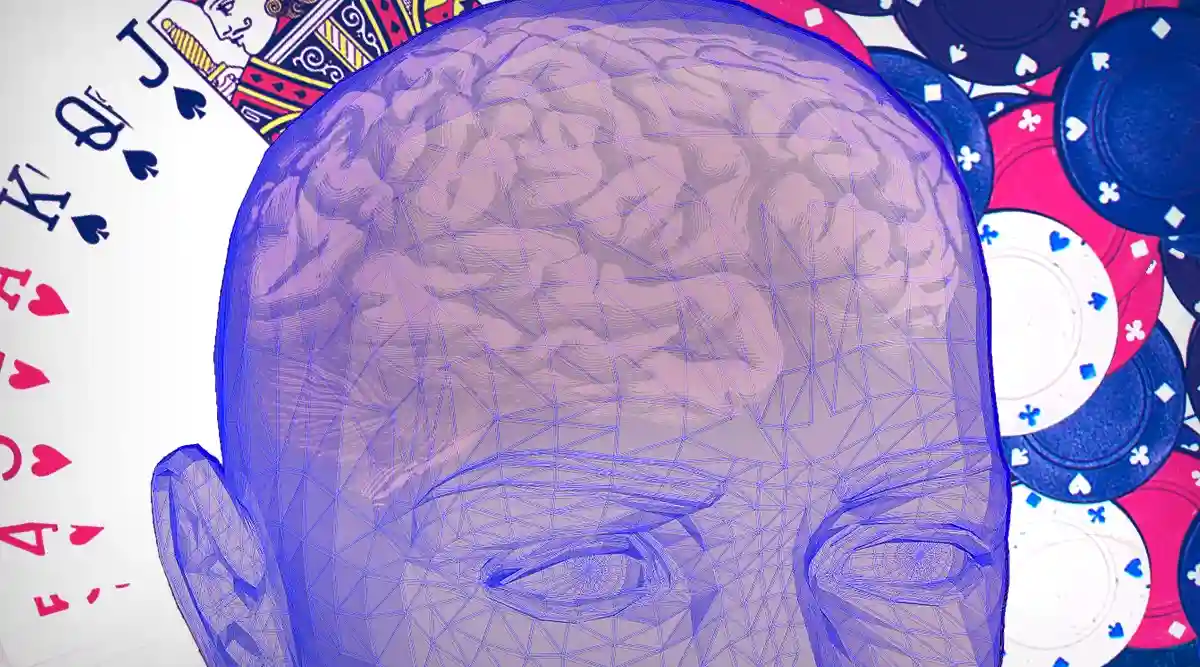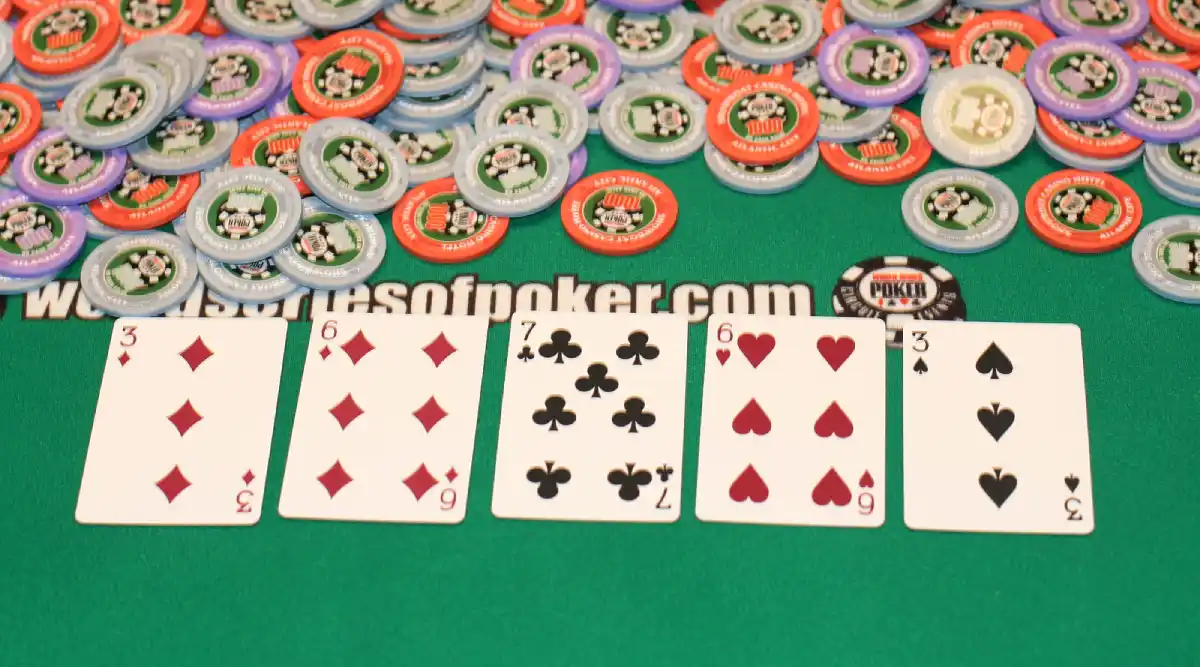
Unlocking the Secrets of Slot Machine Psychology
Slot machines have always been a popular casino game, attracting players with their simple mechanics and exciting gameplay. Whether it’s a classic like the Myth slot, or the more modern Champions League slots, there’s something for everyone. But have you ever wondered what makes these games so addictive? This article delves into the fascinating world of slot machine psychology to understand the science behind gambling and socializing.
In this journey, we will explore the role of dopamine, cognitive dissonance, socializing, and interactive controls in the allure of slot machines. So buckle up and join us as we unravel the mysteries of slot machine psychology.
Dopamine: The Pleasure-Inducing Chemical
Our brains are designed to recognize and reward us for various activities that bring us joy. When we engage in activities that make us feel good, our brains release dopamine, a neurotransmitter responsible for regulating pleasure and happiness. Candy Witch slot, for instance, is a game that taps into this mechanism by providing players with intermittent rewards.
Each time a player hits a jackpot, receives a bonus, or triggers a free spin, their brain experiences a surge of dopamine. This creates a sense of satisfaction and keeps players engaged in the game, even when they lose. The constant pursuit of the dopamine rush is a key aspect of slot machine psychology.
Cognitive Dissonance: The Art of Denial
Cognitive dissonance is a psychological phenomenon that occurs when people hold conflicting beliefs or attitudes. It enables individuals to ignore inconvenient truths and continue engaging in behaviors they know are harmful or irrational. Winsanity slot, despite its attractive theme and graphics, can contribute to cognitive dissonance as players often ignore the fact that they are more likely to lose money than win.
Despite the clear return-to-player (RTP) percentages displayed on slot machines, players often focus on the excitement of a big win rather than the reality of their losses. This denial helps to maintain their engagement with the game.
Slot Machine Psychology: The Social Aspect of Gambling
Gambling is not just about winning or losing; it is also a social activity that brings people together. From office lottery pools to sports betting enthusiasts, gambling creates a sense of camaraderie and shared excitement. In casinos, games like poker and the Multi hand blackjack guide provide opportunities for social interaction and making new friends.
Slot machines may not be as inherently social as table games, but they still tap into the social aspects of gambling. Players often engage in conversations with fellow players or share stories of their wins and losses. The social element of gambling is another important factor in slot machine psychology.
Interactive Controls: The Illusion of Control
Humans crave control in various aspects of their lives, seeking certainty and predictability in an unpredictable world. Free online slot machines cater to this desire by offering players a sense of control through their interactive features.
Even the simple act of pressing the “spin” button gives players a feeling of power and agency. Each spin provides a visually pleasing outcome, accompanied by a burst of dopamine as the reels settle into place. This feedback loop creates an illusion of control, encouraging players to continue spinning despite the uncertain nature of the game.
Conclusion
In conclusion, the psychology of gambling, especially in the context of slot machines, is a fascinating and complex interplay of brain chemistry, cognitive processes, and social dynamics. By understanding these factors, we can better appreciate the appeal of slot machines and perhaps even develop healthier attitudes toward gambling.
Get the latest casino news by joining our exclusive community on Vegas Aces Casino’s social media, and tag someone who needs to see this!



